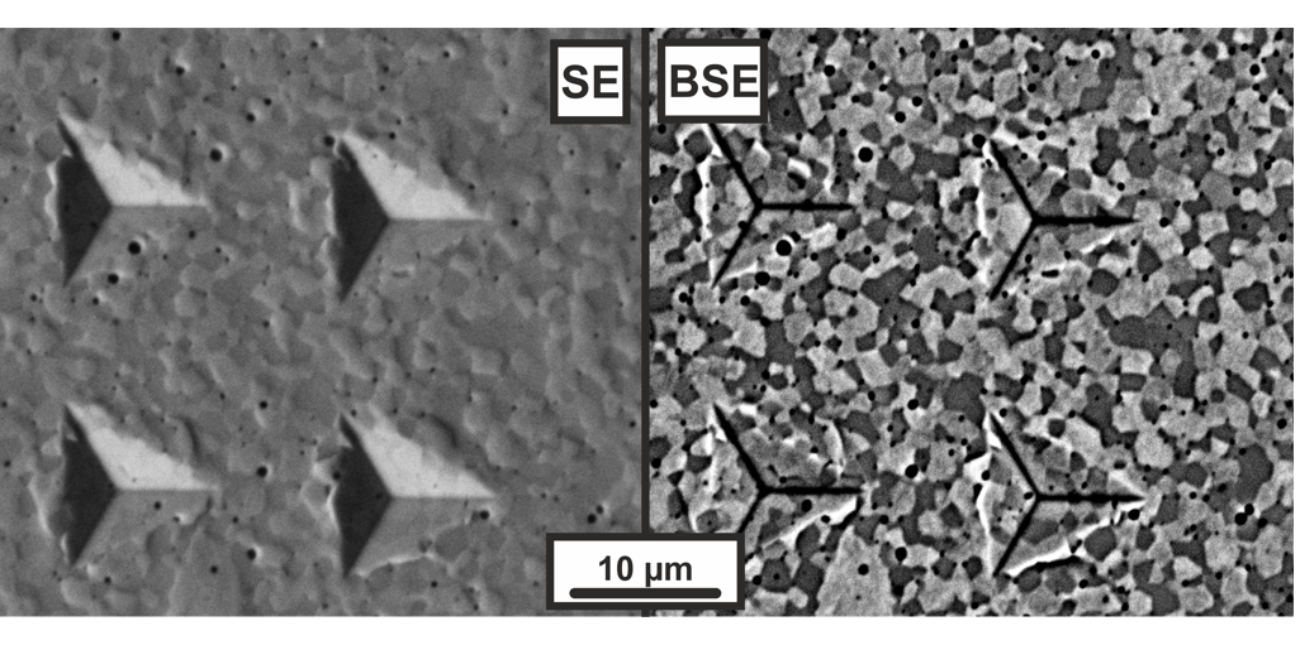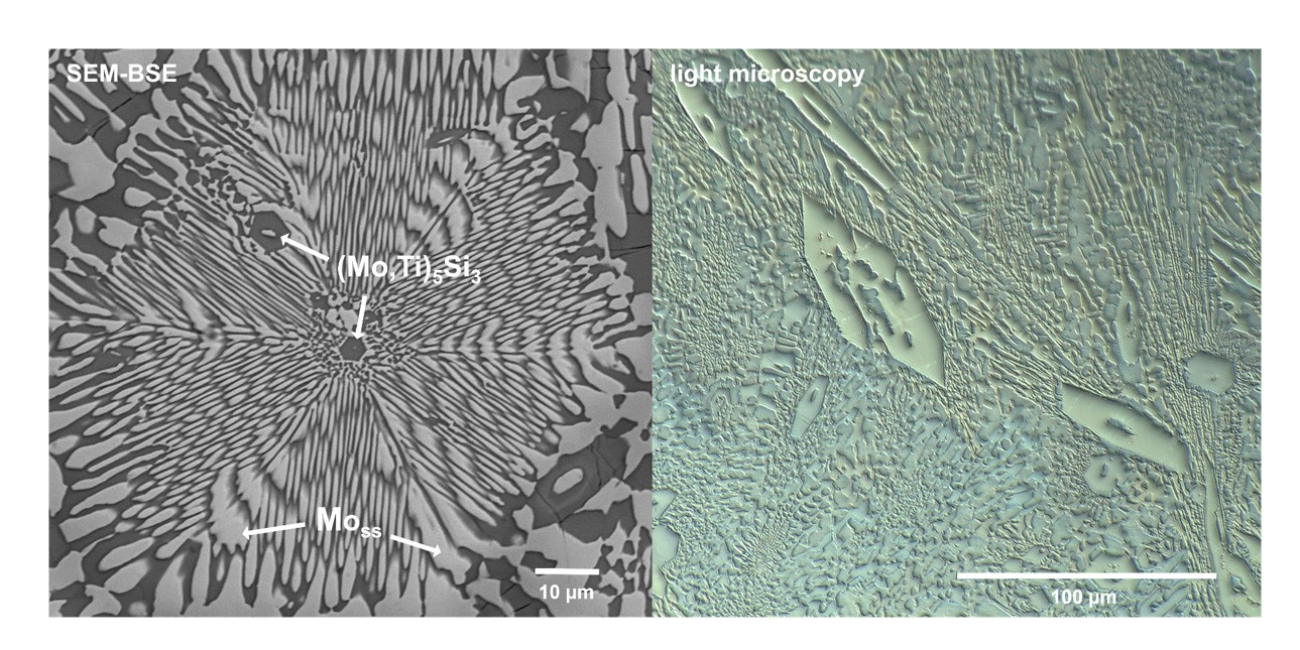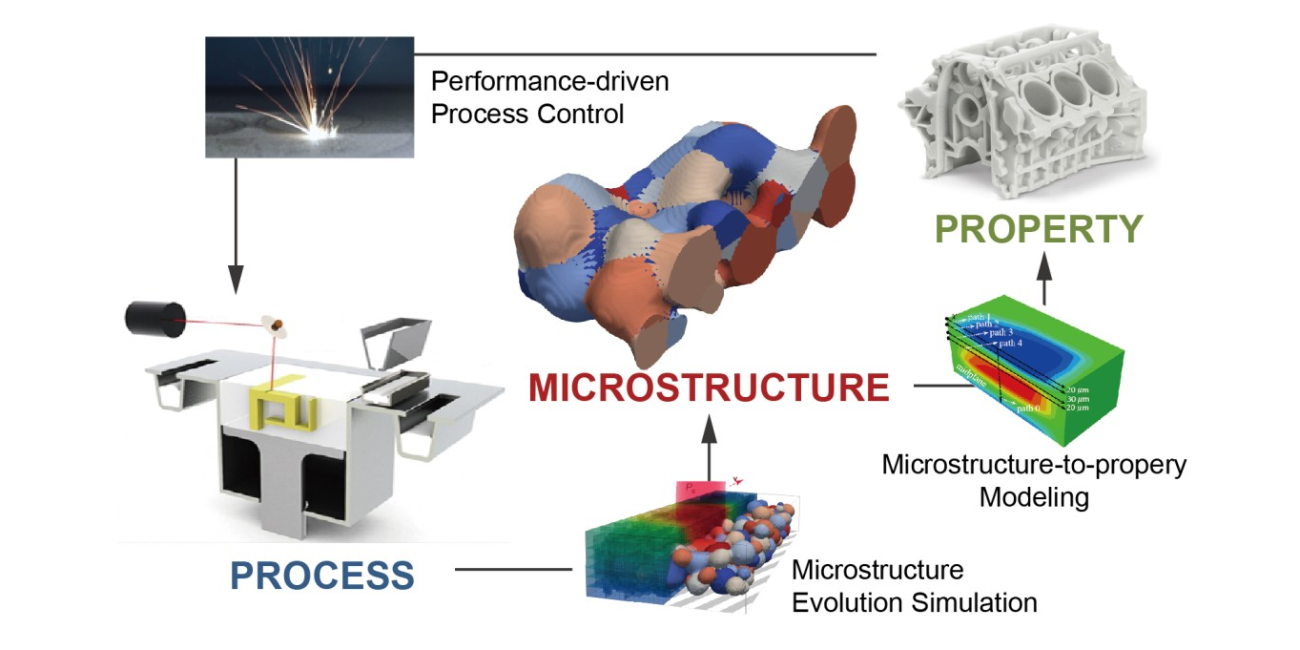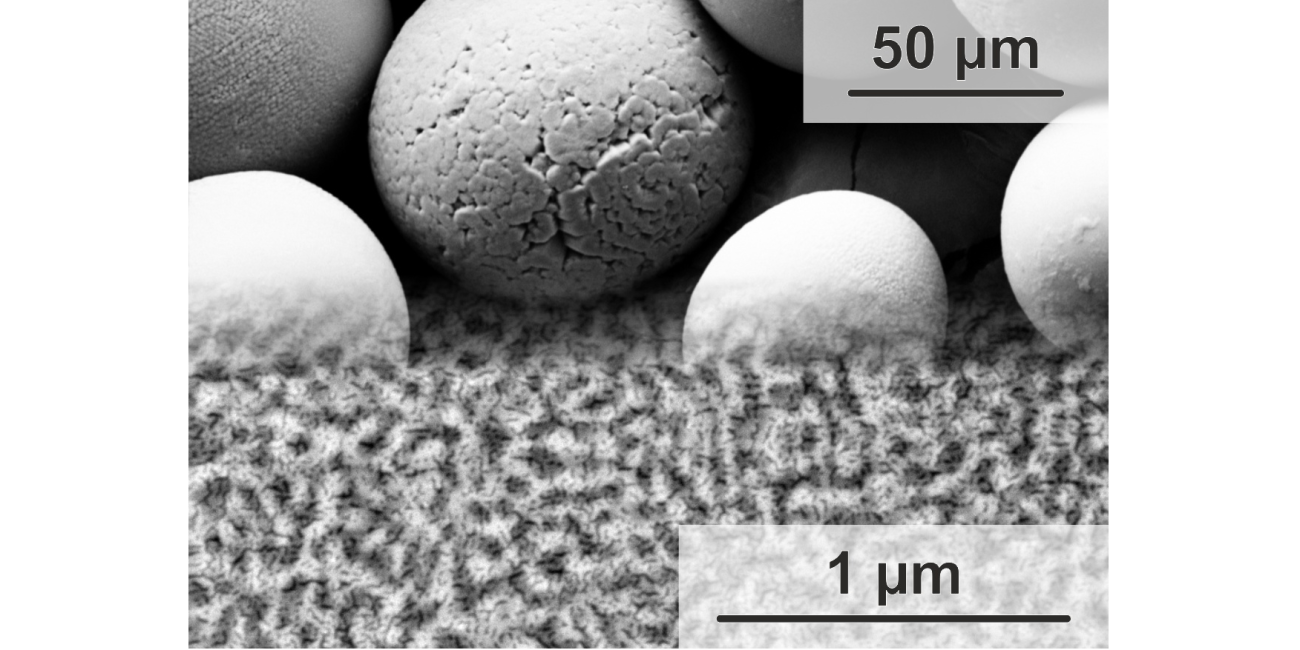DFG-Research Training Group 2561
"Materials Compounds from Composite Materials"
The aim of RTG 2561 “Materials Compounds from Composite Materials” is to develop new types of composites that allow the temperatures of combustion engines and processes to rise sharply under extreme environmental conditions, such as oxidation or erosion, beyond 1300 degrees Celsius. In the context of the energy transition, this has a high application potential in high-temperature processes.


MatCom – ComMat – extremely heat-resistant new material composites
The RTG 2561 is a joint project of the applicants Karlsruhe Institute of Technology, spokesman: Prof. Dr.-Ing. Martin Heilmaier and the TU Darmstadt with the coordinator Prof. Karsten Albe. The DECHEMA Research Institute (DFI), Frankfurt is also involved in the project. The second funding period which has been approved for 4 1/2 years and is starting October 1st, 2024.
New high-temperature materials could allow a revolutionary increase in the operating temperatures of internal combustion engines and processes and thus significantly improve efficiency.
The focus of the new research network is on novel composite materials made of intermetallic alloys that form thermomechanically stable phases and allow ultra-high operating temperatures (above 1300 ° C). These nanocomposites withstand extreme environmental conditions (such as oxidation, corrosion, erosion) thanks to their “self-healing powers”. A highlight: the alloys are additionally protected on the surface with polymer-derived, complex and heat-insulating ceramic systems.
The three institutions will conduct research on these highly complicated material systems: While the intermetallic substrate materials are being developed at the Karlsruhe Institute of Technology, the focus of research at the TU Darmstadt is on the coating materials side. Finally, the two material systems, metal and ceramic, are linked by developing suitable coating processes. In cooperation with the third partner in the Research Training Group, DECHEMA in Frankfurt am Main, the high-temperature corrosion of the composite materials is examined under realistic conditions, such as those found in internal combustion engines.






